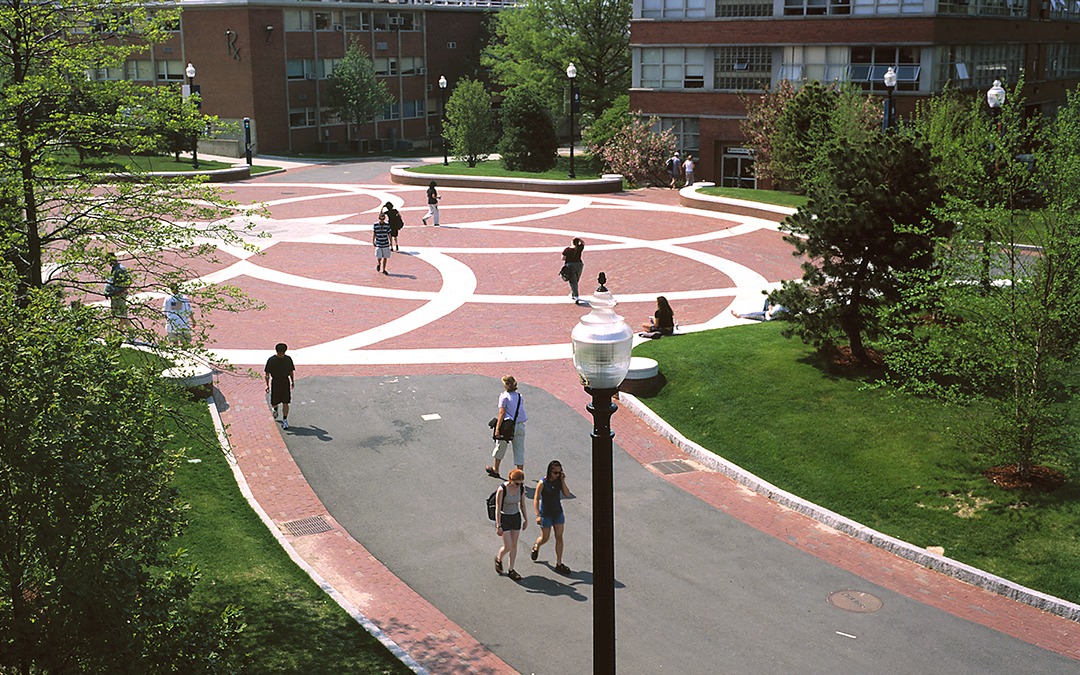
“Where You Go Is Not Who You’ll Be: An Antidote to the College Admissions Mania,” is the title of an outstanding book by New York Times Op-Ed columnist Frank Bruni.
After researching higher education in the United States, Bruni discovers and shares anecdotes of students who did not get into their first-choice colleges, and were better off as a result. His conclusion is uplifting.
Today, in our country, there are an amazing number of strong education opportunities that will serve students well. Yet students and parents spend too much time, money, and effort, coupled with stress and tears, seeking acceptance to the perfect, most-desired school.
Bruni has touched a nerve, and his work has received national attention.
When I read this coverage, I was reminded of some articles that have attacked higher education over what would be described as ‘promises unfulfilled.’ For example, a NYT article featured a recent graduate from a prominent, high-priced private institution with $100,000 in student-loan debt and no job. It was presented as a condemnation of higher education, but I would recast it as a bad purchase decision by a student and/or family.
I tried this logic out on some dear friends at a recent dinner and was castigated. They claimed I did not value the liberal arts and that this decision was not akin to buying a McMansion that the family could not afford.
I countered that a decision to “buy” education was exactly similar. First, it is my belief that education is one of the best investments any individual can make and that it will likely be abundantly rewarded. The unemployment rate for college graduates is less than half of what it is for those who do not graduate high school. The lifetime earnings of college graduates are hundreds of thousands of dollars higher. Education opens many windows into art, science, literature, history and more; making for a rewarding life experience.
But education, like any commodity, is available in different versions. You can buy a BMW, an Audi, a Chevy or a Hyundai. All allow you to travel. Each has special, intangible features about prestige, and each has special qualities as to how it delivers the driving experience.
With education, variables like class size and exclusivity drive both attractiveness and cost. There is value in going to a highly selective institution that graduates future presidents. There is value in going to an institution where one is challenged by others who are equally accomplished. If the student can gain admission and the family can afford the cost, this may be a perfect combination.
However, if a person wishes to study English, and later to teach high school English, it may not be best to choose to borrow $100,000 to enable the study to occur at one of the priciest universities in the country. One can obtain a great education for this pursuit at many institutions, without the incredible debt. On the other hand, if the pursuit of English is in preparation with other goals; or the family has sufficient resources to afford one of the best institutions; or the student is sufficiently strong to qualify for significant financial aid, pursuing the “best” possible school may be a sound choice.
The bottom line is that education is the best investment an individual or family can make. No one can ever take it away from you. And, from a broader perspective, a country with an educated populace is safer and more likely to make good choices for the benefit of the people.
But education is available in many different modes, at many different price points. Today the free MOOC—massive open online course—is the latest, greatest thing. But we know that of the tens of thousands who could take advantage of these free offerings, few will complete them. This is the current version of the public library, where all knowledge is available if one only spends the time. And few spend the time. Our great universities provide stimulating environments, with face- to-face engagement and multiple incentives to attract and deliver learning. It has been, and is still, an extraordinary model, but in choosing a university the student must be conscious of the tradeoff of costs and benefits.
If family circumstances or student accomplishment together with university financial aid enables it, pursue the option that excites you the most. But when these stars do not align, look for the less expensive, high-quality option. Frank Bruni has shown that there are many.

John A. Elliott
Dean, UConn School of Business
John A. Elliott is dean of the UConn School of Business, as well as the Auran J. Fox Chair in Business. John is a certified public accountant with professional experience as an auditor and consultant. His research is concentrated on the role of accounting information in financial analysis and contracts. When not attending his son’s athletic events or visiting his daughter and her family, John and his wife, Laura enjoy travel. John is also an avid fan of the UConn men’s and women’s basketball teams. View Posts